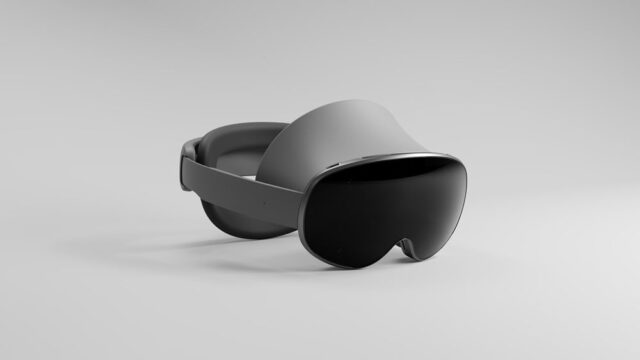Samsung to launch Project Infinity XR headset in Korea in October, with global rollout to follow

According to Korean news site NewsWorks, Samsung Electronics will launch its XR headset Project Infinity in October, beginning in South Korea before rolling it out globally
The product will pit the company against Apple and Meta in the mixed reality market. Samsung sees the device as a stepping stone towards smart glasses, which it expects to have stronger consumer appeal next year. Project Infinity will be unveiled at an Unpacked event on September 29, with sales starting on October 13.
NewsWorks reports that the headset was developed with Google and Qualcomm and is expected to be priced between 2.5 million and 4 million KRW. That works out to around $2,920, which prices it below Apple’s Vision Pro but far above Meta’s Quest 3.
The device has cleared regulatory approvals in both South Korea and the United States. The certified model, SM-I610, is expected to run on Qualcomm’s Snapdragon XR2+ Gen 2 chip with six CPU cores and an Adreno 740 GPU.
Like rival products, it combines virtual and real-world elements to deliver an immersive experience.
Early reviewers cited by NewsWorks point to lighter weight and a more comfortable fit compared with the Vision Pro.
All Android apps available on the Google Play Store can run on the headset and Google’s Gemini is baked in, bringing an AI assistant directly into the experience.
To Project Infinity... and beyond
Samsung has limited expectations for sales volume this year, with shipments projected at about 100,000 units. By comparison, its Galaxy S25 smartphone series is aiming for 40 million.
Samsung isn’t the only newcomer in the mixed reality market. We reported earlier in the week that Chinese smartphone maker vivo is launching its own headset, the Vision Discovery Edition. That device, developed over four years, is lighter than many rivals at 398g, uses eye and hand tracking instead of controllers, and offers dual 8K Micro-OLED displays powered by Qualcomm’s Snapdragon XR2+ Gen 2 chip.
Next year, Samsung is expected to release smart glasses developed both in-house and in partnership with Google. The Google-linked model, shown in prototype form earlier this year, demonstrated real-time translation powered by Gemini and will link with services such as Gmail and Maps.
Samsung is also working on a separate pair without a display, similar to Meta’s Ray-Ban Meta glasses, which could reach the market by the end of next year.
What do you think about Samsung’s push into mixed reality? Let us know in the comments.
